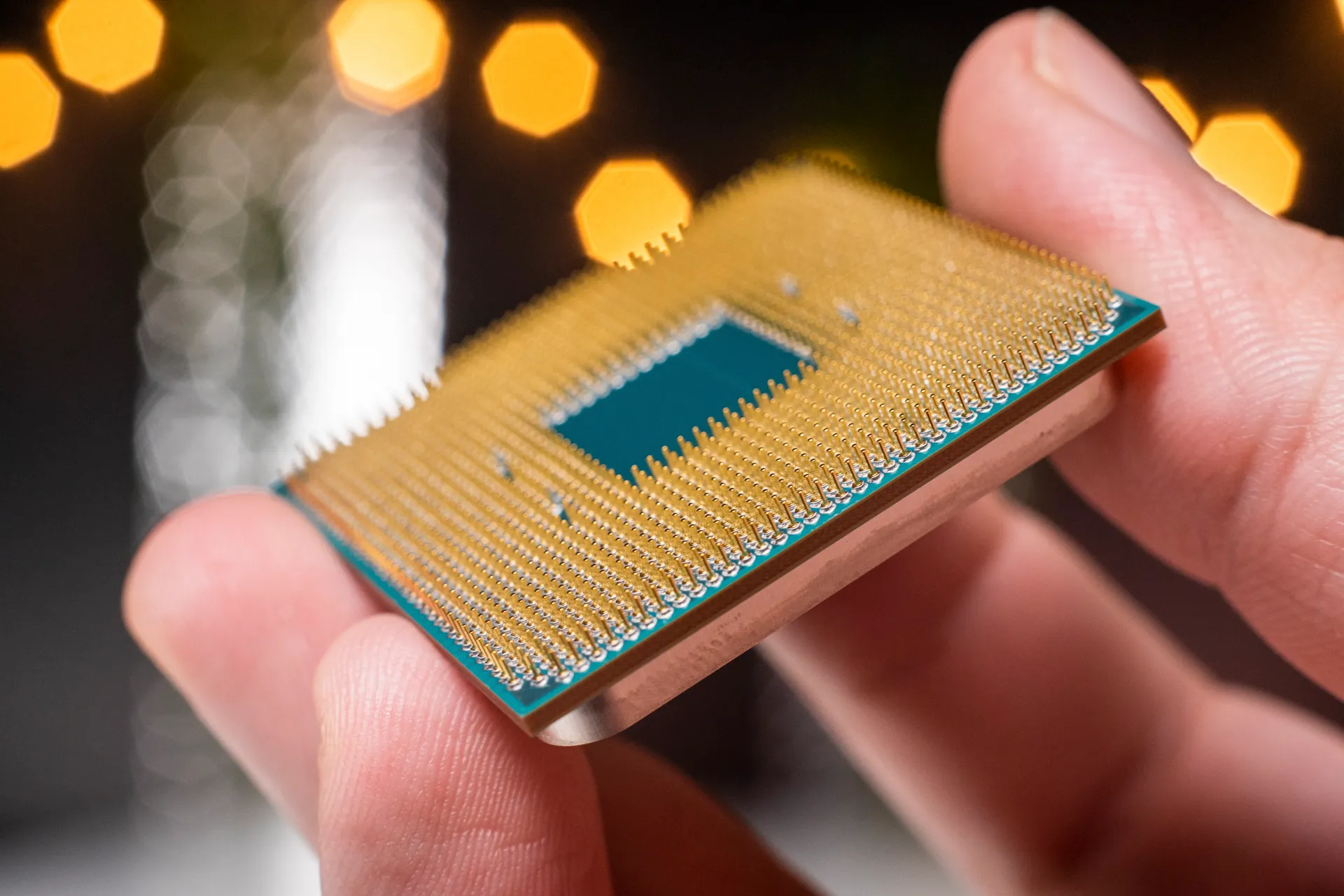In the age of sophisticated technology and computing Central Processing Unit (CPU) is commonly thought of as the brain of every system. From laptops and smartphones, to embedded systems and data centers CPUs provide the performance of devices and perform complicated functions.
For tech companies, having that they have reliable and punctual supply of CPU chips is a crucial operational requirement. This is more than buying chips. It requires a meticulously planned strategy that is able to balance costs and quality, as well as supply stability as well as long-term stability.
The Strategic Role of CPU Chips in Product Design
It is crucial to know the strategic importance of CPUs prior to the purchasing process for every electronic device. The choice of a processor can significantly impact the performance of the system, its the power consumption, compatibility with software as well as the design of the thermal chips of the device. This is why CPU component procurement is typically done in the very beginning of design process, since engineers need to look into possible CPUs with regard to their computational capabilities, design and the possibility of getting them in the near future.
The results of this survey often result in an extensive interaction between hardware designers and experts in sourcing. The selection of a processor that is compatible with both technical specifications and the sourcing strategy is vital. Poor decisions regarding the sourcing of CPU chips in this phase could cause costly design changes, production delays or incompatibilities during the life cycle of a product.
Collaborate With Authorized Suppliers and Manufacturers
One of the most crucial aspects in the sourcing of CPU chips is authenticity and assurance. CPUs are chips with a high value, which is why they are the primary targets of counterfeiters. Thus, businesses are more likely to buy CPUs from authorized distributors or directly from manufacturers. In this way, they’re getting the benefits of assurance of supply security warranty coverage, as well as international laws such as RoHS as well as REACH.
Additionally they provide technical support and keep you informed of revisions to documentation. If any modifications to the process of manufacturing CPUs the trusted supplier will notify its customers promptly which will assist them in making adjustments to their systems. This type of communication is crucial for businesses that heavily rely on the production schedules of just-in time.
Balancing Performance and Supply Chain Resilience
The most frequent challenge when it comes to the sourcing of CPU chips is balancing the need between performance at its peak and stability of supply. High-performance CPUs are often limited in terms of availability or have long lead times. However, more standard CPUs typically provide better availability and price flexibility. Tech companies should carefully evaluate their risk tolerance before deciding whether they want to standardize across their products or create various hardware configurations using interchangeable CPUs.
Diversifying sources of supply and certifying several chips when is feasible are effective methods to reduce the risk. This redundant supply of chips for CPU assures continuity of business and stability, particularly in the event of global shortages and geopolitical disturbances which can impact the production of semiconductors and logistics.
Demand Forecasting and Long-Term Planning
The ability to accurately forecast demand is essential to the successful procurement of CPU chips. In general, companies in the tech industry buy CPUs based on estimates of sales, new product launches, and new market trends that are six months to one year ahead of the time. So, any lapses in the above predictions could result in surplus stock or a shortage of goods which can be detrimental to the company in any case.
In order to avoid these issues Teams in charge of the sourcing process make use of analysing data and ERP systems which provide the necessary chips and, in turn gives the signal to the team members about which orders to put in. Multi-year agreements with suppliers are another aspect to consider. Price locking and supply assurance are among the advantages from these agreements, particularly in times of turmoil. The aim is to guarantee an adequate supply of CPUs and to hold less capital than needed in stock.
Dealing with market fluctuations and Geopolitical Effects
Cleaning in the semiconductor market is a challenge and the source of CPU chips has to adjust to rapid changes. Additionally, supply of CPU chips is also affected by a variety of factors, including the lack of basic materials global trade tensions and the growing demand over the next few months. Companies in the field of technology, to cope to these challenges, need to be flexible and quick that includes forming connections with suppliers from various regions.
Teams in the sourcing process are keeping track of international developments, and as a consequently, they could alter their procurement strategies to safeguard their businesses from potential risks. In particular, they might opt to use local suppliers of the goods to avoid delays in shipping, or, alternatively, they could procure CPUs from companies that are not affected by geopolitical tensions. This flexibility is what keeps the operation running in the event that supply chain processes get disrupted.
Environmental Sustainability and Ethical Sourcing Considerations
Ethical and sustainable sourcing are of vital importance and have taken a major position in the CPU component sourcing in the past couple of years. How long have they been supplying guidelines and also addressing consumer demands for companies in the tech industry to ensure their supply chains that are environmentally as well as socially responsible? Questions like ensuring whether the companies don’t use conflict minerals or engage in human trafficking.
Selecting reputable and accredited processors would not just be possible through collaboration, but also help ensure conformity and improving a brand’s image. This sends a clear message to all users that the company is committed to ethical sourcing practices and ensuring high quality.
Wrap Up
The sourcing of CPU chips is a complicated process which is integral to the growth of the most cutting-edge technology firms. From the selection of the appropriate CPU to improve system performance to the management of supply chain risks, and the compliance with ethical principles each choice has the long-term impact. Through negotiating with the appropriate suppliers, establishing accurate forecasts of demand and adjusting to shifts in the market, organizations can acquire the required CPUs to be the engines of innovation. A well-planned strategy for sourcing chips for CPUs provides not just the necessary support for production, but also allows the company to compete with confidence, agility and a longer time in business.





